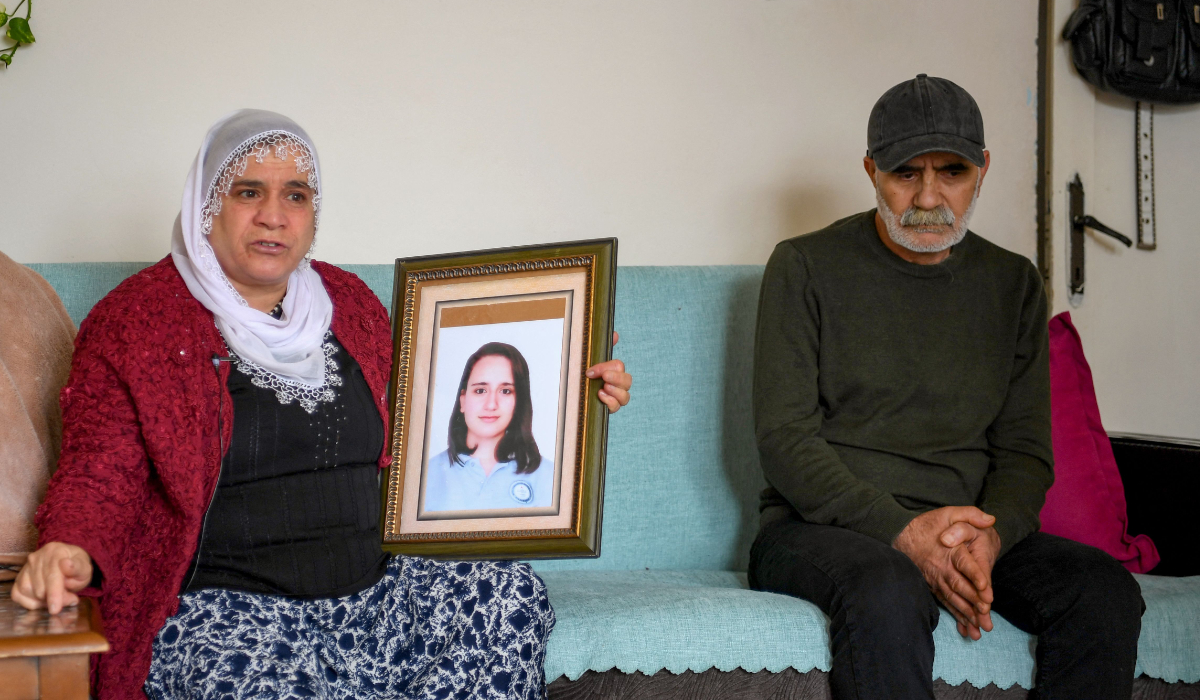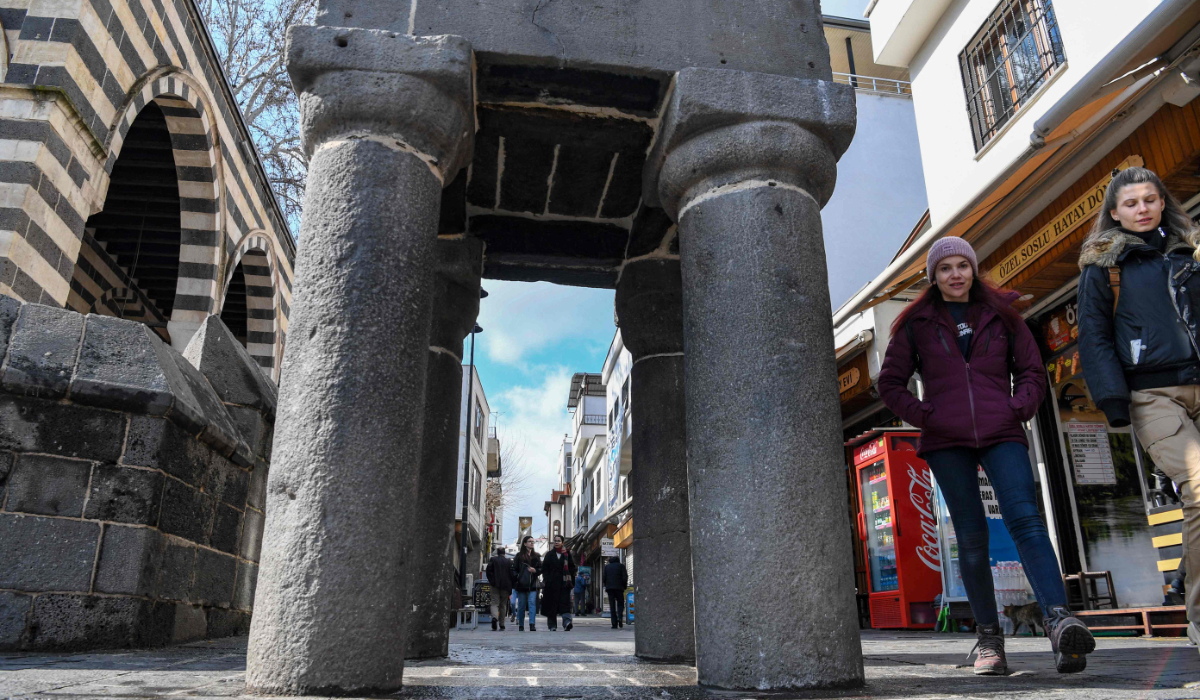CHICAGO: Although the fractious Palestinian leadership will not be present, President Donald Trump unveiled details of his “Peace to Prosperity” plan that will be the focus of workshops and meetings in Bahrain this week attended by representatives from the Arab world and America.
In a statement on Sunday, Trump announced: “Today, the United States Government announced ‘Peace to Prosperity,’ a new vision for the Palestinians and the broader Middle East region. Through its supporting programs and projects, ‘Peace to Prosperity’ aspires to empower the Palestinian people to build a prosperous and vibrant Palestinian society. The economic plan consists of three initiatives that will support distinct pillars of the Palestinian society: the economy, the people, and its governance.”
“With the potential to facilitate more than $50 billion in new investment over 10 years, ‘Peace to Prosperity’ represents the most ambitious and comprehensive international effort for the Palestinians to date.”
Surprisingly, and despite criticism that the Bahrain conference is intended as a eulogy for Palestinian rights, the documents released by the Trump White House seem to emphasize at every turn the requirement to address the “needs” of the Palestinians.
“Generations of Palestinians have lived without knowing peace, and the West Bank and Gaza have fallen into a protracted crisis,” the introduction to the plan begins.
“Yet the Palestinian story will not end here. The Palestinian people continue their historic endeavor to realize their aspirations and build a better future for their children.”
The plan envisions a goal of providing up to $50 billion in financial support to Palestinians living in the West Bank and Gaza Strip to build a prosperous and vibrant Palestinian society upon three initiatives to support “the economy, the people, and the government.”
The $50 billion will be divided among Palestinian needs but also support programs for Jordan, Egypt and Lebanon, according to the plan. Palestinians are to receive nearly $28 billion while Jordan will get $7 billion, Egypt $9 billion and Lebanon $6 billion.
The White House document, which will be delivered by Trump’s son-in-law and special Middle East representative, Jared Kushner, and special Middle East envoy, Jason Greenblatt, during meetings with representatives from countries including the UAE, Egypt, and Saudi Arabia, predicts it will empower Palestinians “to build the society that they have aspired to establish for generations.”
Writing on Twitter, Greenblatt said: “The Kingdom of Saudi Arabia confirms that His Excellency Minister of Economy and Planning Mohammed Al-Tuwaijri will participate in the ‘Peace to Prosperity’ workshop organized by the Kingdom of Bahrain in partnership with the USA.”
FASTFACT
The plan envisions a goal of providing up to $50 billion in financial support to Palestinians living in the West Bank and Gaza Strip to build a prosperous and vibrant Palestinian society upon three initiatives to support the economy, the people, and the government.
But the plan clearly carries a caveat: “Ultimately, however, the power to unlock it lies in the hands of the Palestinian people. Only through peace can the Palestinians achieve prosperity.”
Trump said that the Israeli government was not invited to the conference in Bahrain only because no officials from the Palestinian National Authority and government of Palestinian President Mahmoud Abbas would be attending.
Although the US has frozen most grant funds to the Palestinians during the past year, in response to the refusal of Palestinians to participate in peace talks with Israel, the plan appears to be a basis for the delivery of a new funding system for Palestinian needs.
The plan is outlined on a website launched by the White House at www.whitehouse.gov/peacetoprosperity/.
Most of the funds will come from grants ($13 billion), loans ($26 billion) and private capital ($12 billion).
A key focus of the plan is the expansion of transportation services to Palestinians in both the Israeli-occupied West Bank and the Israeli-controlled Gaza Strip. Israel withdrew from the Gaza Strip in 2005 but has since established an oppressive embargo.
The 95-page document also details goals for business development, health care, building government civil service operations, a legal and tax system, defining property rights, “judicial independence,” creating international trade and foreign direct investment, and a system of accountability and government transparency.
In addition, it calls for supporting arts and culture, sports, education and training.
The goal, according to the plan, is to “empower the Palestinian people.”
Not discussed in the plan are the current Israeli military controls over Palestinians, the Israeli policy of confiscating Arab-owned land to build Jewish-only settlements, and Israel’s policies of extrajudicial killing and the targeting of individuals it asserts are engaged in violence.





























